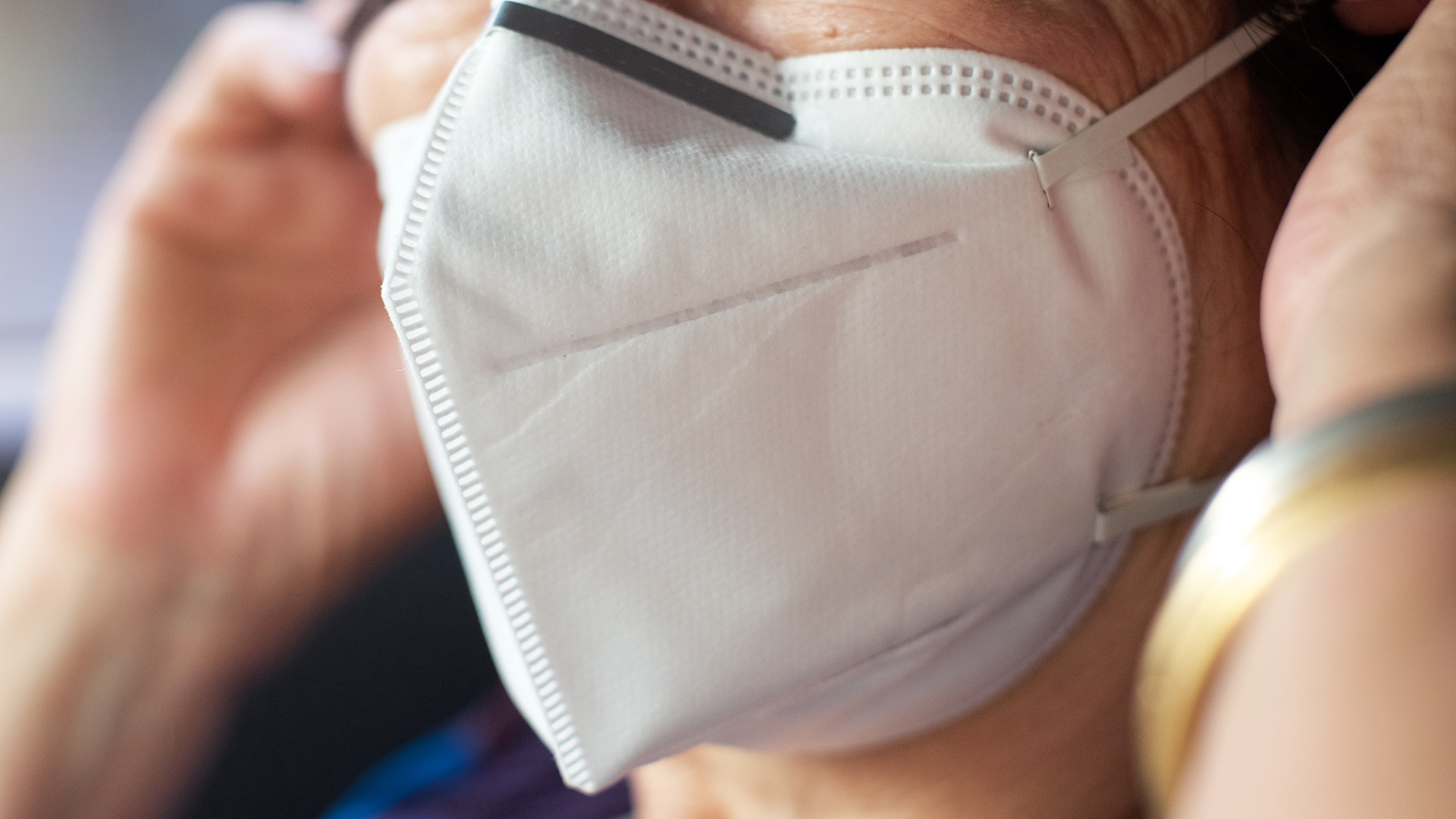In his State of the Union address, President Biden announced the DOJ will soon name a Chief Prosecutor for pandemic fraud. A fact sheet from the White House explains that the Chief Prosecutor will expand the efforts of the COVID-19 Fraud Enforcement Task Force by “lead[ing] teams of specialized prosecutors and agents focusing on major targets of pandemic fraud” and by deploying “state-of-the-art data analytics tools to connect the dots on identity theft and other complex fraud schemes.” But perhaps even more importantly, President Biden “will call on Congress to provide the resources needed for the DOJ Task Force to expand prosecutions of egregious pandemic fraud.”
Over the past year, this Firm has emphasized that any major pandemic-fraud investigations will share two characteristics: (1) they will be driven by data and (2) they will be the fruit of interagency cooperation. The White House’s announcement that a new Chief Prosecutor will leverage the interagency Fraud Enforcement Task Force and use “state-of-the-art data analytics tools” suggests things are developing just as predicted.
Yet it remains to be seen whether the appointment of a Chief Prosecutor will lead to more sophisticated cases. The pandemic-fraud space is already occupied by a formidable stable of watchdogs. The CARES Act created the Special Inspector General for Pandemic Recovery and the Pandemic Response Accountability Committee, both of which have been building and referring cases over the past two years. Plus, the inspector general for each agency that managed a relief program has jurisdiction to investigate fraud on those programs. And just last year, AG Merrick Garland created the Fraud Enforcement Task Force mentioned above. It is therefore unclear what, practically, will change with the appointment of a Chief Prosecutor.
Nevertheless, the announcement—especially that President Biden will ask Congress for increased oversight funding—indicates the Administration continues to feel pressure to show results, and to do so by pursuing more than what many have characterized as low-hanging fruit. Critically, some recent developments do suggest the government is making headway into new territory. In February 2022, for example, DOJ announced a guilty plea in the first criminal case involving abuse of the CARES Act’s Healthcare Provider Relief Fund. Just this week, the Southern District of New York announced the arrest of the CEO of a PPP lender on multiple charges of fraud. And in September 2021, the Eastern District of New York announced charges against former employees of a major bank for their alleged involvement in PPP fraud schemes. These cases are notable, with one representing the first criminal charges involving pandemic healthcare funds and the latter two suggesting banks must be diligent in their compliance programs to ensure the conduct of their officers and employees does not create legal exposure.
Accordingly, all indications are that the same entities the government once enlisted to operationalize its pandemic-recovery programs—i.e., financial institutions and healthcare providers—must remain on alert as the government postures itself to show results.
Norton Rose Fulbright represents businesses, executives and healthcare providers in government investigations and has an experienced team of former high-level government officials uniquely positioned to navigate investigations into participation in pandemic relief programs. If you or your business are involved in a government investigation or receive a government subpoena or civil investigative demand (CID), our team will defend your interests aggressively and effectively.
Co-Author Senior associate Chris Cooke (San Antonio) is employed by Norton Rose Fulbright US LLP and is licensed in New York and the District of Columbia, and is working under the supervision of a licensed Texas Norton Rose Fulbright lawyer pending admission to the Texas bar. Having served in the White House, the US Department of Justice, the Department of the Treasury, and the US Senate, Chris understands government processes and has particular experience with congressional and criminal investigations, enforcement, and litigation. In 2020, Chris helped stand up the Office of the Special Inspector General for Pandemic Recovery, which was established under the CARES Act to investigate pandemic-relief fraud. In this role, Chris helped establish the office's investigative processes and worked with officials across the Treasury, the Federal Reserve Board, DOJ, the Small Business Administration, and the Pandemic Response Accountability Committee.






